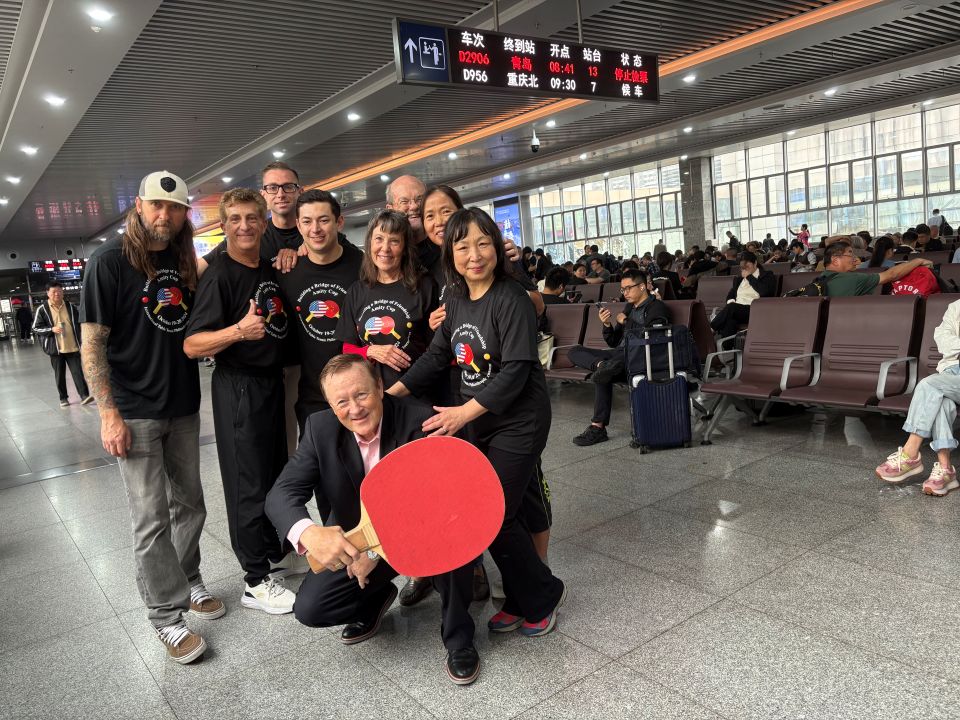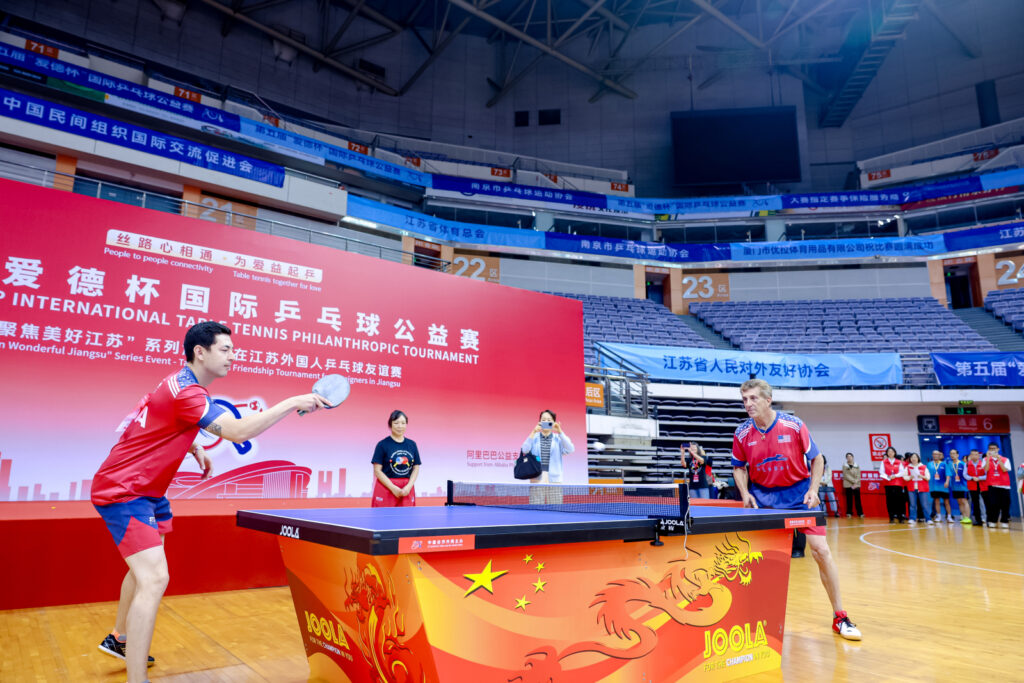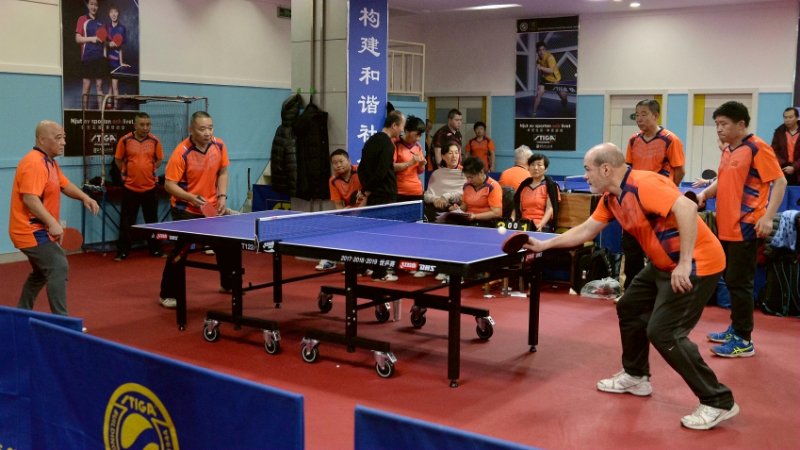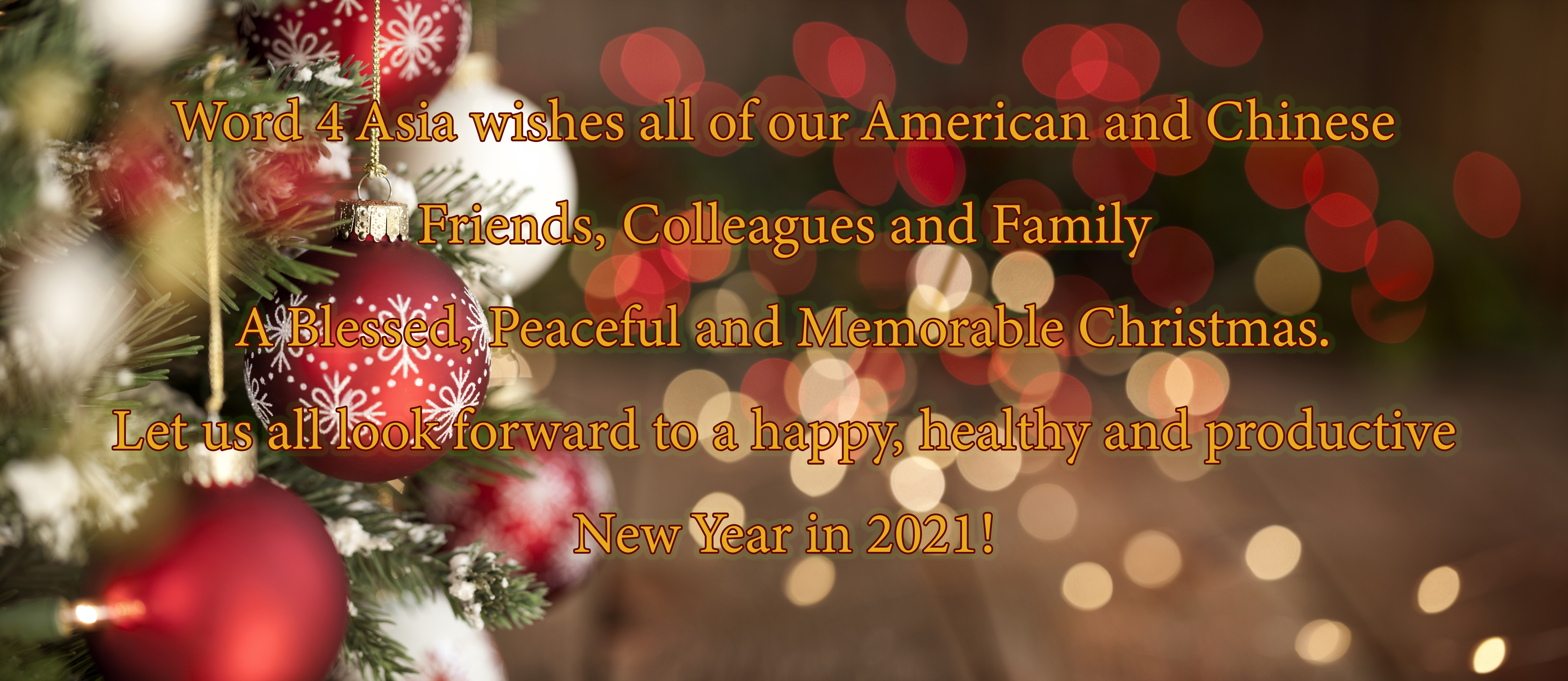
It’s Christmas all over the world right now. In nations across the globe, this is a special time, marked by large and small efforts to make the days a little happier, to exchange gifts – tokens of love and friendship – and to enjoy special customs and favorite foods.
Christmas in America
In America, and much of the Western world, we continue to honor the traditional remembrance of a special birthday, some 2,020 years ago that many of us believe changed the world and our own personal destinies. The Christmas holiday is steeped in hundreds of years of imagery, favorite songs, and celebrations that most of us hold dear in our hearts and memories. We remember our childhoods, and those of our children and we look forward to sharing it with our grandchildren every year. Homes are decorated with nativity scenes and beautiful Christmas trees and decorations. Our kitchens are filled with the smells of home-made Christmas cookies, and baked hams and the strains of Christmas carols ring through the air.
Many countries share our customs, and even countries that were not traditionally part of the Judeo-Christian tradition still reflect some of the sparkle and good will that is part of the season. In America, and for at least the last sixty years, our observance of Christmas has increasingly trended toward the commercial side. The Chinese are keenly aware of the important role their nation plays in manufacturing many of the items that wind up wrapped, and underneath our Christmas trees. In fact, recently, Chinese state media bragged that China makes American Christmas possible. A quote from an article in China Daily said, “American fellows, it is Christmas time, a time to wake up, have a strong cup of coffee, and see what gifts a Chinese Santa Claus really delivers.”
Historical Roots
To understand some of what follows next, its important to recall that China’s relationship with the west has not always been what, I believe, either side would have preferred. Several hundred years of western colonialism have taken a toll on modern relationships with China. Several years ago, Word4Asia conducted a symposium for our clients to help cultivate a better understanding about the historic reasons why the Sino-Western relationship has, periodically, been fraught with so much tension. We concluded that meeting by stating that the West still has a great deal to learn from our historic mistakes with China; we hope our efforts at Word4Asia continue to improve mutual understanding between both sides.
China’s Un-Easy Relationship with Christmas
China’s leadership wants to protect their nation’s culture while continuing to strive toward a better quality of life for its people. This has meant different things at different times over the last roughly eighty years. In the years prior to the Great Leap Forward, Christmas was not widely celebrated. The first public mention of Christmas in the People’s Daily was in 1949. The mention came in an article celebrating Josef Stalin’s 70thbirthday; a section from it follows:
December Twenty-First,
Is the day you were born,
And for all the people of the world it is “Christmas.”
Comrade Stalin,
You deliver precious gifts to the world,
You offer wheat and warm coats to the hungry and cold,
You call the exiles home,
You give culture to the benighted,
You liberate those who have lost their freedom!
For several decades afterwards, references to Christmas in the Chinese press were usually negative; an attempt to illustrate the disparity between what Americans said they were celebrating in their culture, versus the ‘reality’ of life in America. For instance, sections from American newspapers, such as the following from 1957, were re-printed in China:
“According to a report in the New York Times on December 27 last year, 883 people died in America during the Christmas holiday through various accidents. Among these, there were 705 deaths attributed to car accidents, 54 to fires, and 123 deaths from other accidents. The report said this was the highest number of deaths in the history of the Christmas holiday.”
In 1973, the People’s Daily newspaper reported, “The political, economic and social crises in the capitalist world, the mounting problem of inflation, and other ills inherent in the capitalist system, are all flaring up. The oil crisis has intensified the chaos. People everywhere are enduring a ‘dark and cold’ Christmas and New Year.”
Celebrating Christmas in China
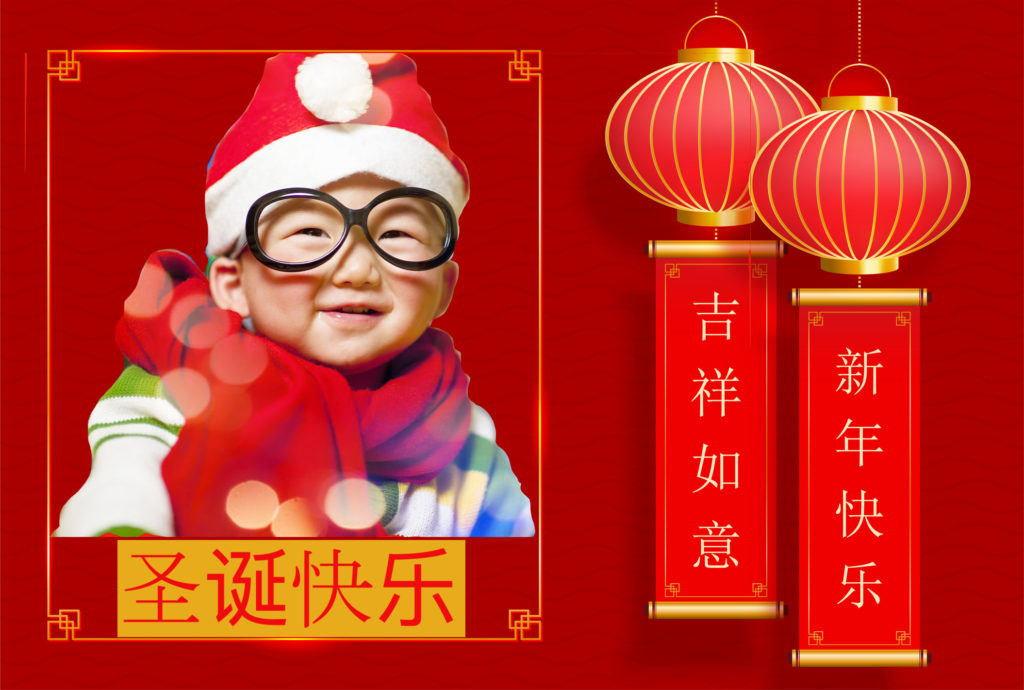
and colleagues in China as well as hopes for a prosperous 2021.
Not so long ago, China embraced a commercial form of the Christmas holiday.
The Chinese government began allowing a more commercialized version of Christmas to take root, starting in the 1990s. The Chinese experience with Christmas was that the more popular Christmas became, the less Christian was the observance. During most of the first two decades of the present century, China’s freeze-out of Christmas was actually ‘thawing’. While definitely celebrated as a commercial holiday, Christmas was definitely in the air in many of China’s largest cities. There, Christmas was celebrated like we celebrate Valentine’s Day; a romantic holiday for young people and a time where young couples gave gifts to each other.
Many of the commercial trappings that we see here in America were also in use in China during this time. For example, it was common to see Christmas Trees, lights and other decorations on the streets and in department stores (Christmas trees in homes was never common place). Santa Claus, called ‘Shen Dan Lao Ren’ (translation: Old Christmas Man), was frequently found in shops and it was not infrequent to see mail carriers in Santa costumes while delivering the mail before Christmas! In many depictions, Santa was often shown jamming out on a saxophone! Typical ways to celebrate the holiday included seeing a movie, going to a karaoke bar, or shopping. During this period, Christmas Eve was the biggest shopping day of the year.
The Chinese also have their own translations of our Western Christmas greetings. For instance:
- Happy/Merry Christmas; Sheng Dan Kuai Le or 圣诞快乐’ in Mandarin and ‘Seng Dan Fai Lok or 聖誕快樂’ in Cantonese.
- We wish you a Merry Christmas; Wǒmen zhù nǐ shèngdàn kuàilè (我们祝你圣诞快乐).
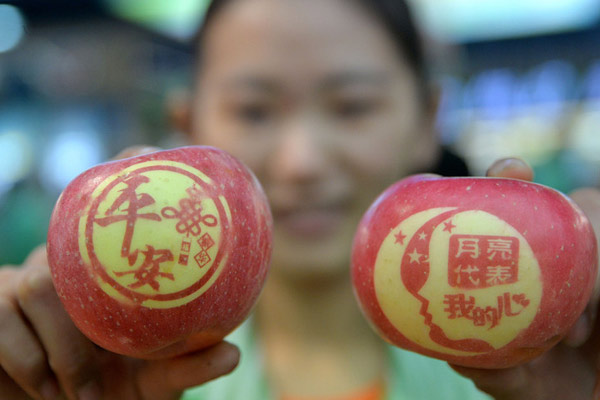
Another Christmas tradition that become popular during this period was giving apples. Many stores sold apples wrapped up in colored paper or festively printed cellophane. The custom formed due to the audible similarity in the Chinese language between ‘Christmas Eve’, “Ping’an Ye” (平安夜), meaning peaceful or quiet evening, which has been translated from the carol ‘Silent Night’ and the Mandarin word for apple, “píngguǒ” (苹果) which also sounds like their word for peace.
Like American traditions, those that celebrate Christmas in China have a feast. Rather than turkey and stuffing, the menu would look similar to a Spring Festival fair with roast pork, jiaozi (Chinese dumplings), spring rolls, huoshao (baked roll with or without stuffing), and rice. However, Christmas time does offer one unique food tradition for the Chinese.
An Icier Interpretation of Christmas
More recently, the pendulum has swung against celebrating Christmas.
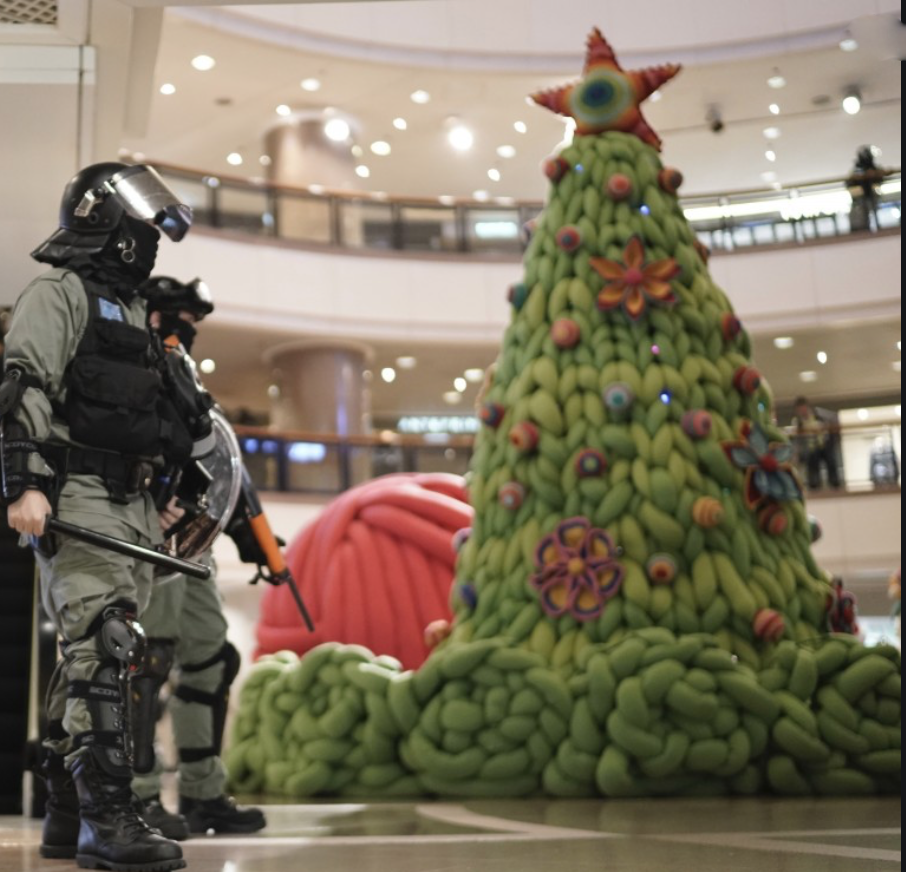
China, once again, views the Christmas holiday as a tool of foreign imperialism. Shortly before Christmas in 2006, ten post-doctoral students from Peking University, Tsinghua University, and other elite colleges penned an open letter asking Chinese people to boycott Christmas and resist the invasion of “western soft power.” They warned, “[Christmas celebrators in China] are doing what western missionaries dreamed to do but didn’t succeed in doing 100 years ago.” The letter added, “Chinese people need to treat Christmas cautiously, and support the dominance of our own culture.”
The movement to diminish the celebration of the Christmas holiday came to a significant head in 2018, when authorities gave clear instructions to discontinue celebrating Christmas. Cities, schools, and government institutions have ordered citizens not to celebrate the holiday and to instead focus on promoting traditional Chinese culture. Examples include the northern city of Langfang in Hebei province. Here, city officials ordered all Christmas decorations to be cleared and forbade shops from selling Christmas-themed goods. Officials said the measure was aimed at “maintaining stability” and controlling street hawkers. In Changsha, in central Hunan province, the education bureau issued a directive to schools not to celebrate “western festivals” such as Christmas, including putting up decorations, posting related messages or exchanging gifts. A statement, circulated on Weibo, stated, “Communist Party members must be role models in abiding to the faith of communism. [Members are] not allowed to have superstitions and blindly follow the opium of Western spirits.”
What Comes Next?
What the future holds for the celebration of Christmas in China is unknown. We have seen periodic waxing and waning in the interpretation of the holiday, even as our own culture’s relationship to Christmas changes. However, one thing that Word4Asia knows to be true and universal is the importance of mutual understanding and continued good will between the United States and China. For over twenty years, we have made it our business to help American organizations build positive, constructive relationships within mainland China. We have done this by respecting the laws and customs of our host nation, and working closely with our clients to ensure they understand and abide by the policies and regulations that have been in place. As we move into 2021, we look forward to continued cooperation and good will between both nations.
We wish all of you a very happy holiday season, and a prosperous 2021. If your plans for the coming year include China, we would be very happy to meet with you to offer our experience and assistance. If I can answer any questions or help you in any way, please feel free to contact me at gene@word4asia.com
https://ltl-school.com/christmas-in-china/
https://transferwise.com/us/blog/christmas-traditions-in-china
https://www.theguardian.com/world/2018/dec/24/china-cracks-down-on-christmas-celebrations
https://www.voanews.com/east-asia-pacific/voa-news-china/china-stepping-its-control-over-religion

